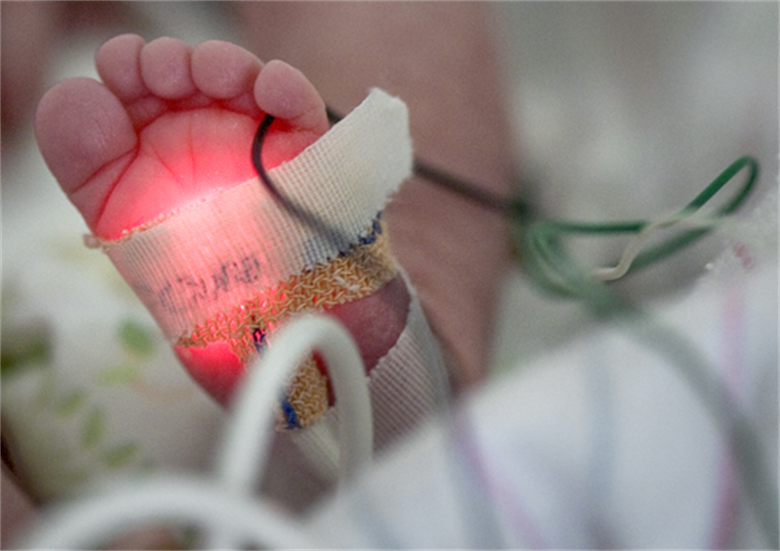The summer between the first and second years of medical school can be an odd existential crisis. You feel like the countless trials by fire should have produced something a little more substantive, a little more accomplished than just impressively fast Googling skills. As it turns out, the correlation between high levels of stress and memory is an inverse one—thousands of memorized flashcards don’t stick around. Instead, it’s like they never existed at all.
It was an absolute shock and relief to spend two of my summer days in the Cardiovascular Intensive Care Unit (CVICU) and understand the words that were being tossed around—like passing Spanish 202 and realizing that you can somewhat understand a telenovela, but only if the subtitles are on and the sound is all the way up. When the closest I had ever been to a congenital heart defect was on a lecture slide, it was stunning to hear about the reality of hypoplastic left heart syndrome and tetralogy of Fallot, and actually see it in front of me—all tangles of tubes around tiny, tiny bodies.
I have never been more in awe of medical and scientific advancements than in the CVICU, where many of these miraculous new lives are completely dependent on electronic, lifeless, but life-giving, machines. We speak of love and lost love as uniquely human experiences in a world increasingly overtaken by technology, but these are babies with actual broken hearts, who would never experience a love lost without advancements like extracorporeal membrane oxygenation, continuous renal replacement therapy, bioengineered drugs, and all their respective acronyms and abbreviations. They would never experience the kind of broken heart that only time can heal and space can make whole again. The balance and opposition between art and science—the breath of life and the beep-beep of a machine, the metaphorical two-leaf heart and realistic four-chambered pump—has never been more apparent to me than in the CVICU. What an incredible world we live in where these machines have become extensions of physicians’ hands. They finish thoughts and fulfill otherwise impossible intentions. They are the medium by which we keep patients alive.
It’s an odd relationship between a patient’s life and the machines that preserve it, a relationship that we hope becomes correctly balanced with the passage of time. We hope that the spark of human life becomes strong enough to rely on itself and say to the tubes, “Thanks, but no-thanks. I don’t need you anymore.” But what happens when the relationship becomes toxic in the other direction, and it’s the machines that hold all the power? How do parents accept the reality that the physicians and their technology have become prolongers of life and not healers? And who gets to decide between the two? Is there a separation between the two, or are they inextricably linked in the sci-fi century we live in?
I don’t know the answer to these questions. At this post-summer, post-crisis point in my life (I’m being hopeful), being a second-year medical student has become more than the glimpse of medical knowledge that’s been afforded me–and more than simply reveling in the miracles that physicians perform, especially those in critical care. What has settled in my mind after my brief preview of the ICU has been a growing awareness of the ambiguity that colors the decisions and responsibilities of physicians . Willing or not, physicians are the primary witnesses to the grayness of life’s unanswerable questions: the moral dilemma of prolonging life, the impact of hope, and the reality of an end to every beginning.
The experience has been uncomfortable for me, and perhaps rightfully so. Whereas comfort can lead to complacency, these questions bring a deep sense of awe for the profound privilege I’ve been given and a desire to always see it as such. One year from now as I am neck deep in clinical rotations as a third-year medical student, I am striving for a little less Googling and a little more telenovela-watching, but most importantly, a deeper sense of gratitude for living in the gray.
Cecilia Chou is a proud member of the University of Arizona College of Medicine - Phoenix, Class of 2021. In her former life at Arizona State University, she majored in music performance and global health, followed by a Master’s degree in Biology and Society, focusing on bioethics and the intersection of culture and medicine. Ceci will forever be a fan of froyo, Disney channel original movies, and road trips up north.

